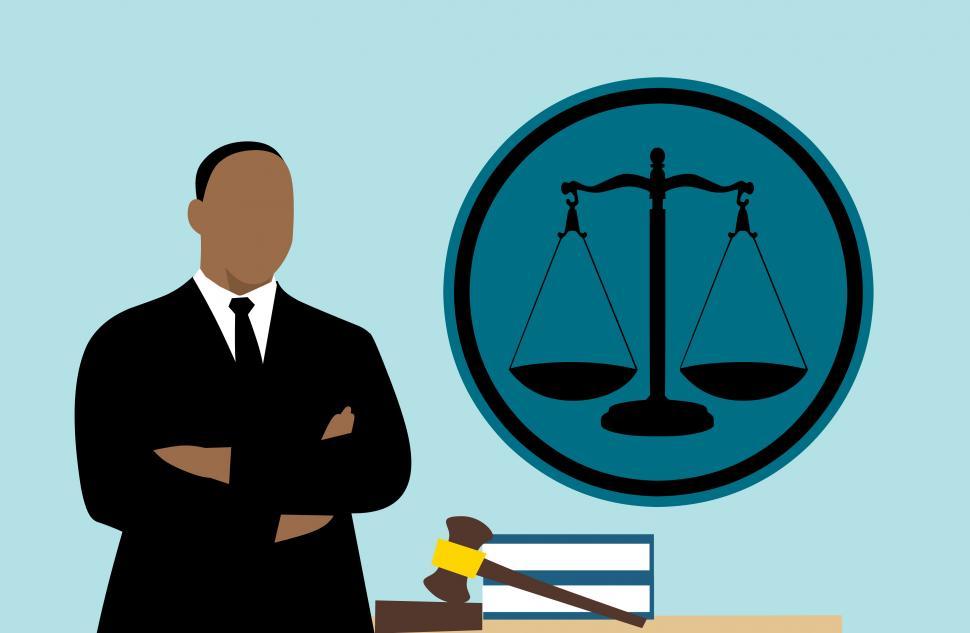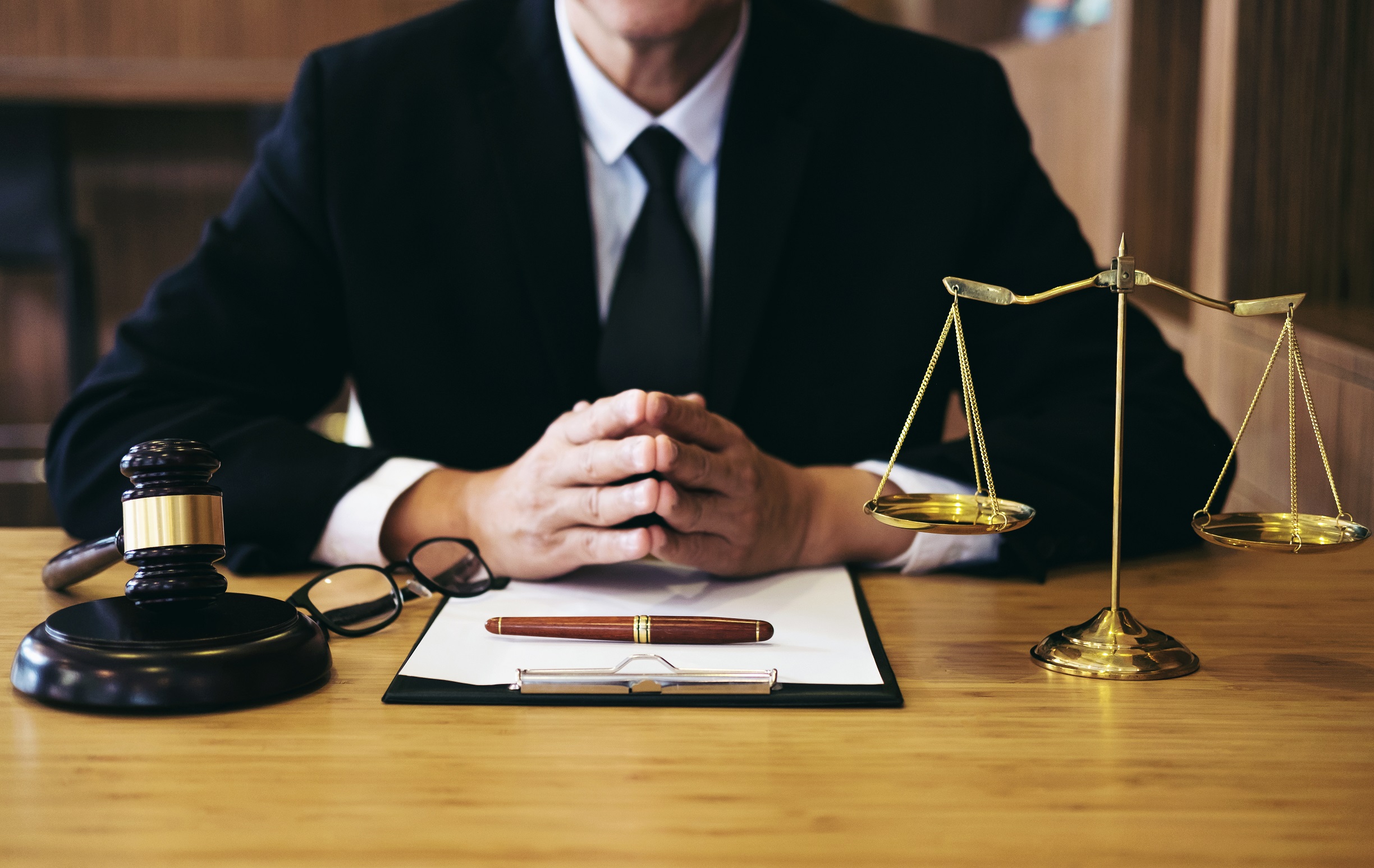Leading Texas Appeals Lawyers at Brownstone Law: Specialist Depiction for Your Instance
Maximizing Your Allure: Exactly How Specialist Assistance Can Improve Your Appellate Method
In the world of appellate advocacy, the importance of employing professional help to strengthen one's appellate approach can not be overemphasized. By employing the proficiency of experts fluent in the subtleties of appellate method, organizations and people can open a riches of benefits that extend much beyond conventional lawful representation.
The Value of Appellate Experience
When browsing the intricate world of appellate law, having specific experience in appellate treatments and approaches is vital for achieving positive end results. Appellate competence includes a deep understanding of the nuances of appellate method, which varies considerably from test campaigning for. Appellate attorneys should have a keen eye for legal research, convincing writing, and dental campaigning for skills customized to the appellate court's details requirements.
An appellate expert brings an unique ability to the table, refined with years of experience remaining and taking care of charms abreast of developing legal precedents. This expertise permits them to craft engaging lawful arguments, identify vital problems that reverberate with appellate courts, and anticipate and respond to rival advice's arguments effectively.
Furthermore, appellate specialists are well-versed in the complicated procedural rules controling appeals, guaranteeing that all submitting target dates, format requirements, and administrative issues are meticulously stuck to. By leveraging their specialized understanding, appellate lawyers can browse the appellate procedure with accuracy and skill, optimizing their customers' chances of success on appeal.
Strategic Analysis and Instance Analysis
Building upon the structure of appellate proficiency, critical evaluation, and situation examination play essential functions in formulating a robust appellate strategy. It requires a deep understanding of the lawful landscape, step-by-step rules, and prospective debates that could persuade the appellate court.
Instance evaluation is equally critical, concentrating on assessing the lawful and factual facets of the situation to establish its practicality on allure. This process entails looking at high court records, evidence, and rulings to determine errors or concerns that can create the basis of a successful appeal. A careful situation examination makes it possible for lawyers to craft convincing arguments that address the core problems and persuade the appellate court to rule in their client's support.
In combination, critical analysis and case analysis create the foundation of an efficient appellate strategy, assisting lawyers in navigating complex legal terrain and optimizing their chances of success on allure.
Crafting Compelling Lawful Debates
Crafting compelling legal debates is a vital ability that distinguishes proficient appellate experts in providing persuasive instances before the court. Effective legal argumentation requires a deep understanding of the legislation, important analysis of the realities, and the ability to communicate complex ideas in a clear and influential fashion. When crafting legal debates, appellate specialists have to carefully consider the appropriate lawful concepts, criteria, and policy implications to construct a strong and meaningful story that supports their client's position.

Navigating Procedural Complexities
To effectively browse procedural intricacies in appellate method, professionals have to possess a thorough understanding of the pertinent rules of procedure and court protocols. Appellate procedures differ among territories, necessitating an eager recognition of specific requirements regulating website link concerns such as administrative target dates, submitting procedures, and formatting guidelines. Failing to adhere to these step-by-step regulations can cause pricey hold-ups, permissions, or perhaps dismissal of the appeal.
One key element of navigating procedural complexities is recognizing the significance of protecting problems for charm at the trial court level. This entails making prompt arguments, movements, and deals of evidence to make sure that appellate courts have an appropriate record to review (Texas appeals lawyers). Additionally, experts need to grasp the art of drafting concise and clear appellate briefs that abide with format demands and successfully existing lawful debates
In addition, understanding the ins and outs of dental debate treatments, consisting of time limitations and the decorum anticipated in appellate courts, is critical for an effective charm. By staying in harmony with these procedural ins and outs, professionals can improve their possibilities of achieving a desirable result for their customers on charm.

Leveraging Specialized Legal Expertise
Specialized lawful proficiency plays a critical duty in strategically progressing appellate debates and optimizing the chances of success in complicated lawful proceedings. When crafting appellate approaches, leveraging specialized legal knowledge can provide a significant benefit. Appellate instances commonly involve elaborate legal issues that call for a deep understanding of details locations of legislation. By involving specialists with expertise in the appropriate legal area, applicants can gain from nuanced understandings and tailored approaches that are vital for presenting engaging debates.
Specialized legal knowledge enables professionals to recognize essential criteria, guidelines, and legal doctrines that are significant to the situation handy. This thorough understanding allows them to expect prospective challenges, counterarguments, and possibilities for persuasive campaigning for. Moreover, experts can offer useful perspectives go to this site on just how the legislation has been analyzed and used in comparable situations, helping to form a much more efficient appellate method.

Final Thought
In conclusion, specialist help can considerably enhance your appellate approach by supplying knowledge in navigating step-by-step intricacies, crafting compelling lawful arguments, and leveraging customized legal expertise. By using basics the abilities and experience of appellate professionals, people can maximize their opportunities of success in the appellate procedure. Strategic evaluation and case analysis are necessary parts of establishing a solid appellate technique that can assist to increase the charm of your instance.
In the realm of appellate campaigning for, the importance of using professional help to strengthen one's appellate technique can not be overemphasized.When browsing the elaborate world of appellate regulation, possessing specific expertise in appellate procedures and approaches is paramount for accomplishing desirable outcomes. Appellate know-how incorporates a deep understanding of the nuances of appellate method, which varies significantly from trial advocacy. Appellate lawyers have to have a keen eye for legal research study, influential writing, and dental advocacy skills customized to the appellate court's specific demands.
Structure upon the structure of appellate knowledge, calculated analysis, and case examination play crucial roles in formulating a robust appellate technique. (Brownstone Appellate Law Firm)